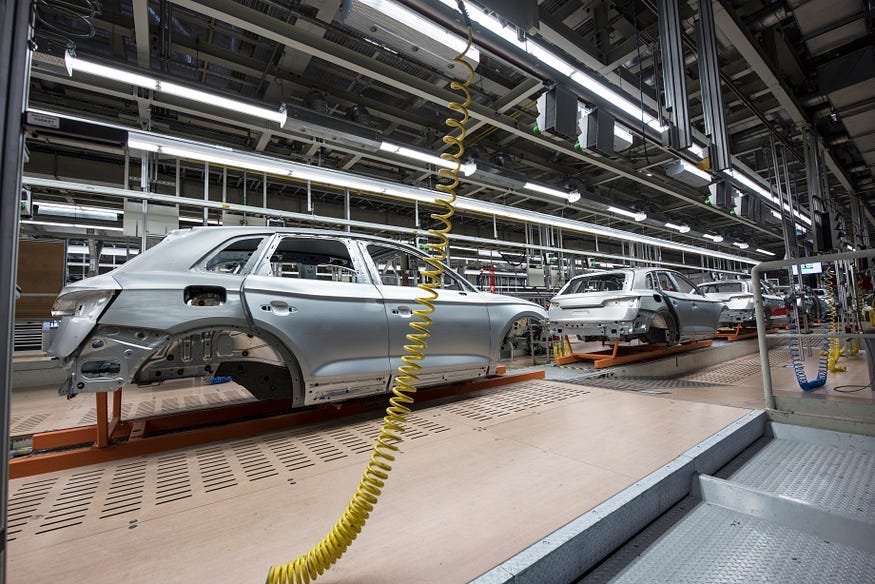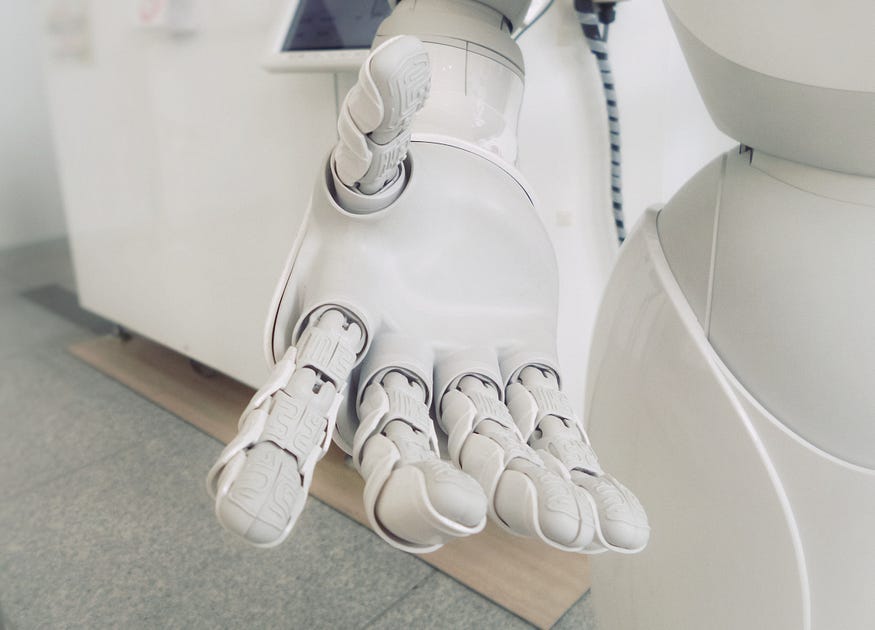AI is expected to have a significant impact on the automotive manufacturing industry over the next 7–10 years and indeed, we have seen this in the work of Tesla et al on the customer side but now is the time for it to emerge as a significant force in the redefinition of the design and production areas within the automotive industry.
We have seen how robotics have streamlined production but the next step is to leverage data and trends within the manufacturing “transaction” to both improve efficiency and reduce greatly the environmental impact of the industry.

Here are some ways in which I see AI making big impacts in the Automotive Industry and supply chain over the next 7years or so:
- Improving efficiency: This is a given really so it’s pretty obvious that AI will help (and will lead) in streamlining all aspects of the production process by automating tasks on a data front, identifying production or supply chain bottlenecks and mitigating these, and optimising the use of resources to reduce costs of both fiscal and time exchange. These improvements will help reduce waste and improve the overall efficiency of the production processes.
- Predictive maintenance: With improved processes and the efficiency savings this will bring, coupled with greater production transaction visibility, AI will play a considerable part in the proactive maintenance of machinery within the factory by predicting when equipment is likely to fail, allowing manufacturers to schedule maintenance before a breakdown occurs thus helping to reduce downtime and improve the overall reliability of the production process.
- Quality control: AI is already used to identify defects in the production process but I see this as growing rapidly over the next few years with the improved efficiency of data analysis. This growth in the analysis of manufacturing information will lead to greater QC capabilities thus allowing manufacturers to identify and fix issues or failures before they result in faulty products. This will in turn help reduce waste and improve the overall quality of the products being produced.
- Environmental impact: Already in play in some areas, I see a wholesale move to AI as part of a strategy to “green” the industry. In some ways, the electric revolution is a naked emperor, given the massive environmental impact of mining for cobalt used in car batteries etc. AI will help in not only reducing waste and the “traditional” ways in which processes can be improved to reduce negative output but crucially, it will come to the fore in developing NEW solutions to replace existing legacy technology, new compounds that don’t require such high environmental cost and new methodologies that can help reduce the environmental impact of the automotive manufacturing industry by identifying ways to reduce energy consumption and waste. For example, AI can help manufacturers optimize the use of resources and identify opportunities for energy conservation.
In conclusion, AI has the potential, capability and ability to greatly improve efficiency and reduce the environmental impact of the automotive manufacturing industry beyond the traditional areas. By utilising all the available data and tools we will see new ways beyond our current perspectives, of moving automotive beyond our wildest dreams, all we have to do is trust the data and trust the AI…and THAT is the problem the industry will face, trust.

By automating tasks, predicting equipment failures, improving quality control, and identifying opportunities for energy conservation, AI can help manufacturers produce high-quality products in a more sustainable manner.
Reach out to us to find out how McKinney Haarcourt can help your organisation utilise the power of AI.

